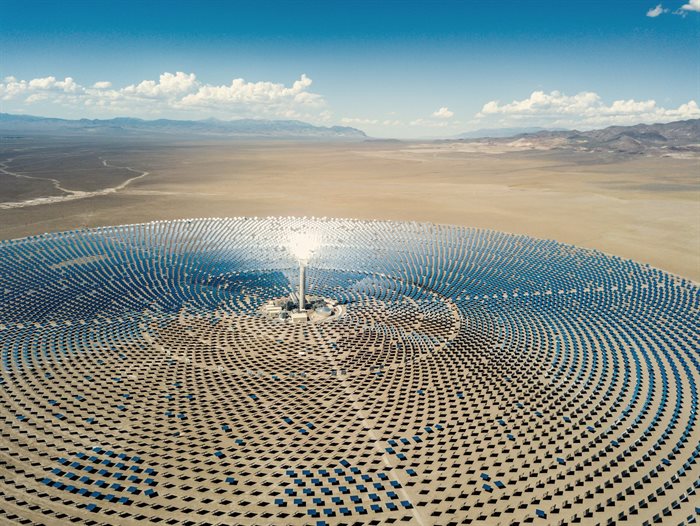
The report shows that in the past year, South Africa has made some improvements regarding its carbon intensity. Globally, the world reduced its carbon intensity by 0.49% in 2021. This was less than the average decline of 1.39% per annum seen over the past 20 years due to the global economy largely returning to near pre-Covid levels of GDP output.
South Africa fared better, seeing a reduction in carbon intensity (TJ/GDP) of 4.61%, as economic growth (4.91% change in real GDP) was greater than the growth in energy-related emissions (0.08% increase).
Lullu Krugel, Strategy& partner and PwC Africa ESG lead, says: “This is the second consecutive year South Africa has been able to reduce its carbon intensity, and we would like to believe that this shows that the country is reaching a point where economic growth is beginning to decouple itself from increases in energy-related emissions. Unfortunately, there’s still much room available for progress to be made as South Africa remains the worst performer in the G20 in terms of overall emissions intensity.”
Matt Muller, Strategy& senior manager climate champion says: “Lower emissions can largely be attributed to the reduced use of hydrocarbon-based fuels compared to renewables. South Africa used less coal and gas last year, while wind and hydroelectricity usage saw large increases from the quantities generated in 2020.”
The decrease in coal use was not necessarily due to the country actively trying to use less coal, but was partly a result of record electricity load- hedding in 2021 due to significant breakdowns at the country’s coal-fired power stations.
The world and South Africa now face the significant challenge of needing to achieve a global rate of decarbonisation of 15.2% per annum to limit global warming to 1.5°C — significantly more than the annual global intensity decrease of 1.4% between 2000 - 2001 recorded for the G20 countries.
Krugel says the need to decarbonise faster is not simply to protect the environment, but rather because this will have fundamental impacts on our societies.
The report discusses the need for a holistic response to environmental crises and social upheaval, which includes an increasing understanding of the dependencies our society and economy have on the environment, and how the environment increasingly affects our ability to continue to create financial value and foster social cohesion.
This is crucial as South Africa has seen increasing reports of failures to protect, maintain and develop both our natural and built environments. We have also seen a continued increase in unemployment numbers, as well as structural and wealth gaps which are leading to increased social tensions and breakdowns in social cohesion.
For those living and working in South Africa, experiencing myriad challenges is a part of everyday life. From a lack of service delivery and increasing production costs, to load shedding and social unrest, the country’s operating environment has become fractured over time. However, this presents a key opportunity for private businesses, which for some time have had to think, plan and operate in ways they wouldn’t necessarily need to in other countries.
Muller says: “For example, when it comes to responding to the impact of record-high fossil fuel prices due to the fallout from Russia’s invasion of Ukraine, higher commodity prices mean businesses and consumers are struggling to afford what they once could. Instead, they are now considering shorter- to longer-term options to move to renewable energy. This presents a window of opportunity for the private sector to collaborate with the public sector to move the country forward.”
When it comes to decarbonising our economy, it is not just about responding to the potential risks we face, but more clearly about the potential opportunities available. Krugel says: “If approached in the correct way, these opportunities have the potential for the private sector to work with government to create a more stable operating environment. In the best-case scenario we could see both improved energy security, stability and growth for the business environment, and a decarbonisation of the economy. This will ultimately benefit more than just those businesses that choose to lead in this space, but the wider society, economy and environment.”